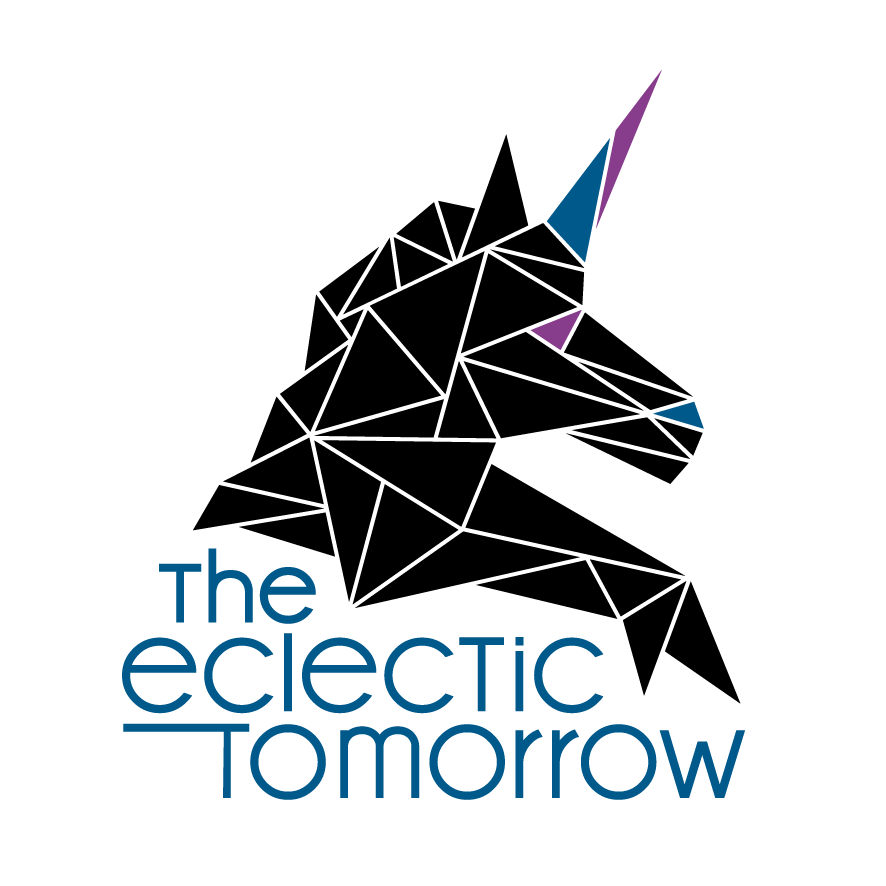Coaching is not about knowing all the answers but about asking the right questions that lead to them.
These days, ‘Coaching’ is used everywhere and for everything since it’s not a protected term. As a result, many people wake up one day and decide to call themselves ‘Coach’ because they think they’re good at advising others.
But is that really coaching?
A coach who takes their profession seriously gets certified and takes the time to learn the methodology, the code of conduct, and the diverse tools available to help their client (coachee) achieve their goals.
Another difference is that coaching is a question-based process, where the coachee gains insights and results through targeted questions. Their own answers trigger the motivation and clarity that ignite change. So, only giving advice is not coaching. Now that we got that out of the way…
… HOW DOES MY INTEGRAL COACHING PROCESS LOOK LIKE?
-
Lay the foundation (adhering to the ontological code and coaching agreement)
Explore the motivation (reasons) of the coachee to start this process
Dive into each aspect (layer) of the coachee's life: personal life/health habits (sleep, diet, sports, hobbies), mindset (beliefs, thought patterns, self-talk), social life (hobbies, relationships, behaviors) & work life (relationships, expectations, future) to determine the situation and create more self-awareness
The process can include the use of additional tools such as defining the coachee’s leadership style (e.g., through Daniel Goleman's six leadership styles), DISC assessment (personality traits), the definition of conflict resolution mode (Kilmann Diagnostics), etc.
>> Depending if it's general leadership development or work on a particular topic or area, the discovery will focus on all (or selected) specific aspects
-
Decide on and prioritize goals (to be achieved during the coaching process as well as long-term)
Analyze the challenges, aspirations and benefits of these goals thoroughly
-
Create more awareness around the objectives and roadblocks
Design action steps to incorporate into the coachee’s daily routines
Formulate a plan and establish ambitious but achievable goals aligned to the life circumstances of the coachee (e.g., SMART methodology)
-
Execute the established goals (priorities and timelines in mind) session per session
Define and develop new habits and unlearn habits that no longer serve their purpose
Check-in and evaluate progress incl. possible adjustment
Final session: Reviewing improvements, results, and future outlook
-
Coaching focuses primarily on the present (starting point) and future (goals), in contrast to therapy which focuses more on exploring and analysing the past and present
Coaching is meant to improve personal growth and professional development whereas therapy usually offers support for profound obstacles, trauma or pathological issues
Depending on the needs of the coachee, the coach can give advise, mentor or share their perspective if beneficial
This integral coaching process is focused on first-time Founders/CEOs, many of whom find themselves in a leading position for the first time but without the necessary knowledge and skills to be a leader. To not only succeed long-term in this role with all the pressure and expectations coming from investors and other stakeholders but also to live a balanced and fulfilling life, I created a coaching process that considers all parts of life because whatever happens outside of work influences your performance as a leader notably.
A weekly/bi-weekly coaching session usually takes 30 – 45 minutes (versus a monthly session which takes around one hour) and is thematically focused and closed in itself to provide clear insights and results after each session. Coaching sessions can be conducted session by session (on demand). Still, from experience, I recommend doing a whole coaching process which takes around two to three months (4 - 12 sessions) to truly unlock and improve your leadership potential long-term.
What coaching is and what it isn't.
Clarity precedes success. Since there are many terms buzzing around, I want to make sure you understand them so you can choose the suitable method of professional development for you:
So you see, leadership coaching gains power by putting you, as the expert of your life and circumstances, in the center. The coach's role is to explore with you side by side and help you shine a light in areas that have been in the dark to find the answers you need to grow and move forward.
The concept of leadership coaching is clear now, still you might wonder: But WHERE?
Coaching sessions can be done in person or via a video call. Considering that time is precious, I recommend spending it on the actual session – online – instead of getting to a physical meeting point. It saves time and keeps the process flexible. You'll be able to enjoy a session whether you're in the office, on a train, working from home, or being in a hotel during a business trip.
So, if that makes sense, would it be a crazy idea to try leadership coaching?

